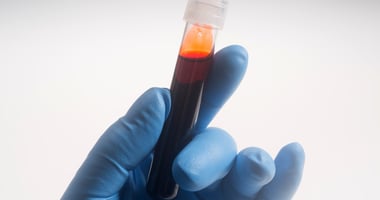The ability to firmly diagnose schizophrenia before symptoms of the disease arise can help improve...
Brain Connectivity Map May Reveal Response to Antipsychotic Drug Treatment
 |
The study authors used functional MRI (fMRI) to develop brain connectivity maps in a cohort of 41 first-episode schizophrenia patients; the fMRI images were taken prior to the patients’ participation in a clinical study of risperidone or aripiprazole. A comparison of the connection profiles of the patients who responded to the medications with those that did not revealed 91 nodes throughout the brain that were functionally connected to the striatum and associated with treatment response.
The researchers applied this “connectivity index” to an independent set of 40 newly hospitalized patients with acute psychosis and found that the index could predict a positive drug response with around 78% accuracy.
In general, the fMRI scans showed that drug responders had less striatal connectivity—a deficit the authors suggest may be remedied by drug action. In contrast, non-responders tended to have greater connectivity, suggesting the biological mechanisms for their psychosis is resistant to primary functional effects of standard antipsychotic medications, according to the authors.
For related information, see the Psychiatric News article “CSF Biomarkers Studied as Factors to Predict Schizophrenia Onset.”
(Image: D.K. Sarpal et al., AJP in Advance, August 28, 2015)





